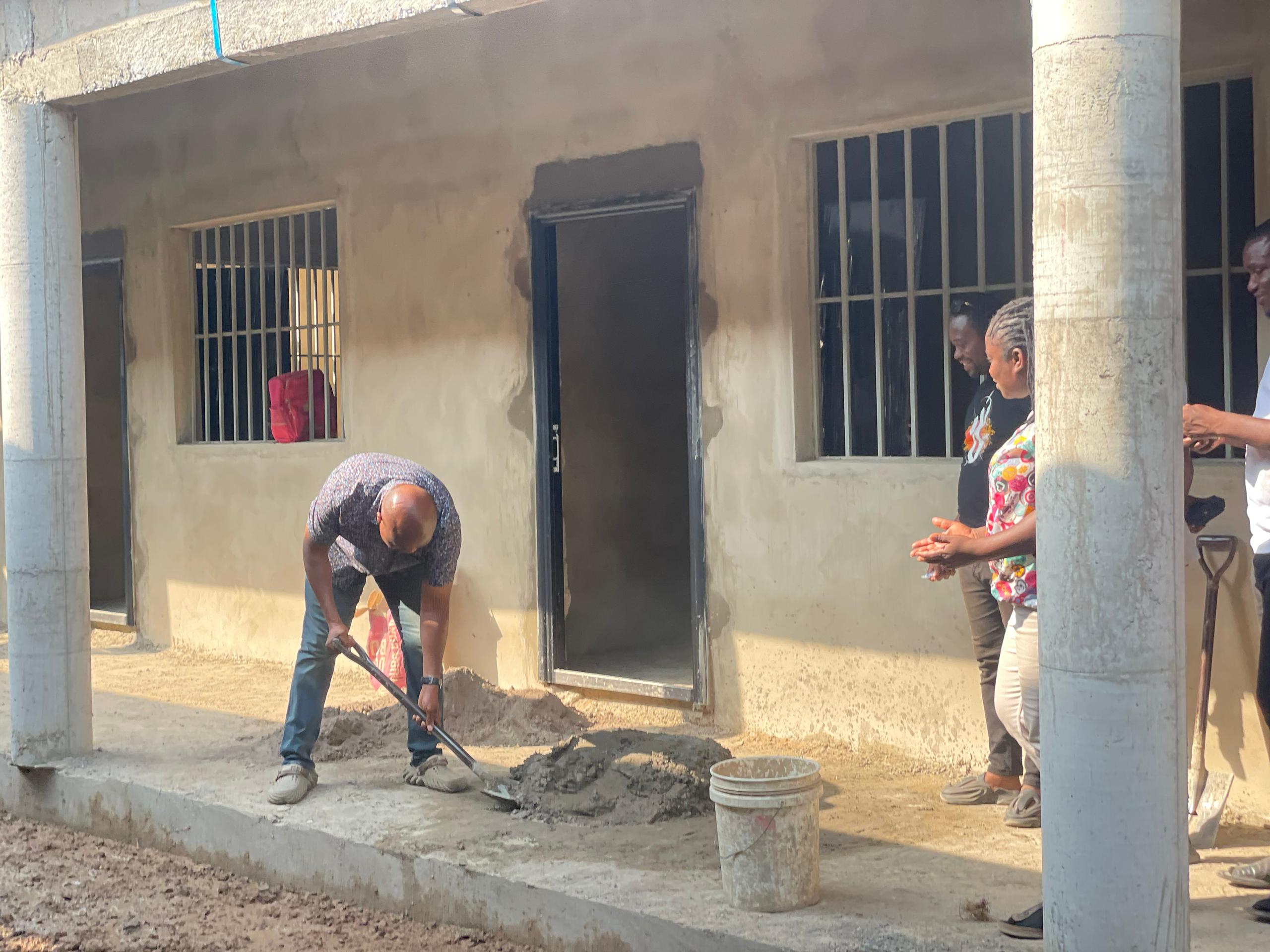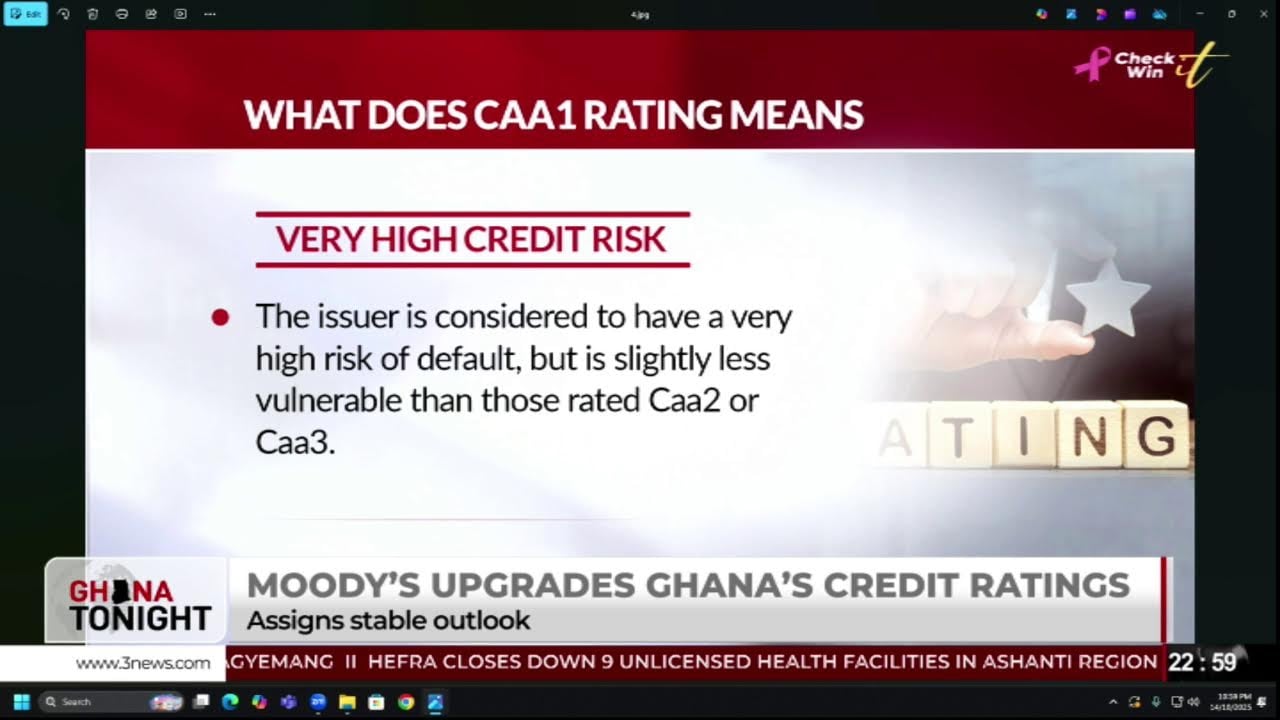
THE Rent Act of Ghana (Act 220), 1963, was passed to regulate the relationship between tenants and landlords in the country.
In this regard, every agreement related to tenancy is expected to be in accordance with the stipulated laws and it should include the rules and rights of both the tenants and the landlords.
The laws further established the Rent Control Department as the body in charge of monitoring and developing guidelines to manage the tenant-landlord relationship.
Unfortunately, the current situation in the country relating to rent is a far cry of what the law requires.
In some instances of violations of the law, tenants are compelled to pay advance fees for rents while others are evicted by landlords without the expected three months grace period to look for new accommodation.
What is more disheartening is the Ghanaian Times' story yesterday which stated that government loses GH¢120 billion annually due to non-implementation of the Rent Act.
Sections 10, 15 and 20 of the Rent Act mandates landlords who rent out their facilities and apartments to pay eight per cent of the amount received from their clients to government as tax rent.
However, for some inexplicable reasons, successive governments have failed to implement the Rent Act, thereby denying the nation substantial revenue for national development.
It is worrying that while government needs money to undertake development and for that matter, enters into various agreements with other countries and development organisations for loans and grants, huge revenue streaming as the Rent Tax is left untapped.
Development, as we all know, can only be achieved through efficient and effective mobilisation of revenue as well as judicious use of the available revenue.
Apart from infrastructural development including schools, hospitals, roads, railways, the government is in dire need of funds to run its policies and programmes ranging from the Free Senior High School (SHS) programme, One Village One Dam, One District One Factory, school feeding programme to resuscitating the ailing National Health Insurance Scheme (NHIS), and among others.
It is therefore assuring that the Brong-Ahafo Regional Manager of the Rent Control Department, Mr Ishmael Essien, has pledged that his outfit will, in the coming days, commence the implementation of the Rent Act to mobilise revenue for government.
The decision to start the exercise, according to him, followed a year's public sensitisation that henceforth landlords will not have the sole responsibility in determining rent charges, explaining that they can only do so by acquiring a certificate of assessment from the Department.
The certificate is to enable the Department assess the facilities of landlords before arriving at a fee to prevent the exploitation of tenants.
The Ghanaian Times urges all regional offices of the Rent Control Department to be up and doing and commence similar exercises to support efforts to raise the needed revenue for government for further development.
As Ghanaians, the onus is on us to work hand-in-hand with government to expand the revenue net to realise the required resources for development.
We call on the government, to as a matter of urgency, expedite actions towards reforming the Rent Act if it will give the state more revenue and enforce the law to the letter.
We are in dire need of money. We cannot afford to continue to lose out.
Read Full Story

























Facebook
Twitter
Pinterest
Instagram
Google+
YouTube
LinkedIn
RSS